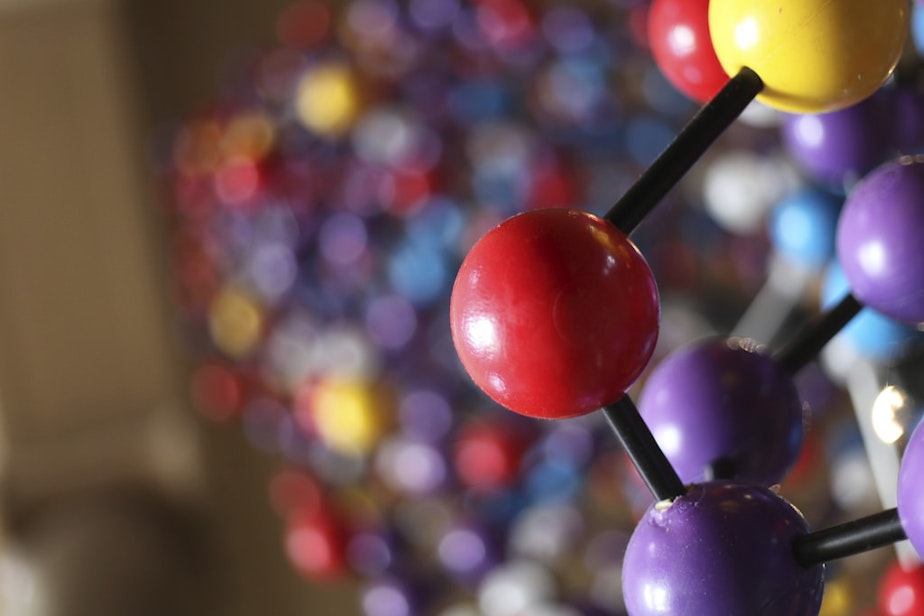UW scientists transform books and music into DNA

In a lab test tube at the University of Washington, scientists stored an HD video of the song “This Too Shall Pass” by OK Go on DNA molecules. They also stored the text of 100 books and the Declaration of Human Rights in multiple languages.
Now, they've broken their own record for the amount of media rich data they've encoded onto DNA.
In all, the research team encoded 200 megabytes of data onto synthetic, lab-made DNA. That amount of data is nine times more than their previous record.
The goal of their work is to find a better way to store the vastly growing library of data in the world, like documents and videos. Researcher Luis Ceze says tiny DNA molecules could replace our current storage hardware, like DVDs and flash drives.
Sponsored
Ceze: "DNA is what I would say the ultimate backup media because it's very dense, so it takes very little space when you store a lot of data. It is very durable if you keep it dry away from light, it can last for many thousands of years."
The research is a partnership between the University of Washington and Microsoft; the team is a blend of computer experts and molecular biologists.
Ceze says their recent success is just scratching the tip of the iceberg in the field. He hopes they'll be able to simplify the process of encoding digital data onto synthetic DNA. The science could lead to easier ways to store medical records, historical documents, photos and video.
By the way, the team picked the OK Go video because it shows a complex Rube Goldberg machine -- an over-engineered contraption designed to perform a rudimentary task (think of that game Mouse Trap).
Ceze says at the molecular level, nature resembles a Rube Goldberg machine.

